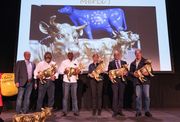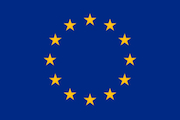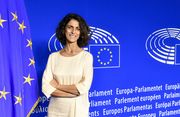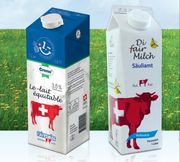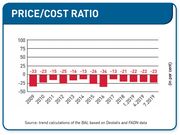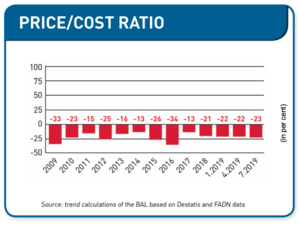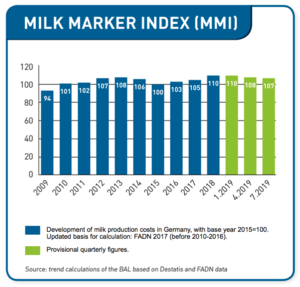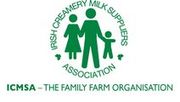EMB Newsletter November 2019
Newsletter as PDF
Contact
EMB - European Milk Board asbl
Rue de la Loi 155
B-1040 Bruxelles
Phone: +32 - 2808 - 1935
Fax: +32 - 2808 - 8265
Dear dairy farmers, dear interested parties,

October was an eventful month for the European dairy sector, but also for Europe as a whole. Brussels saw very intense debates on the new European Commission and Brexit.
A no-deal Brexit by the end of October was averted for the time being, with the prospect of an extension and a potential new deal between the British government and the EU. Nonetheless, uncertainty for farmers remains as heads of state and government are sitting out the Brexit problem and have only postponed it until the beginning of 2020. In the meantime, the new European Commission is taking shape with most of its Commissioners being confirmed. However, three Commissioner positions still need to be filled, which will delay the handover between the outgoing and incoming Commission by at least a month until December.
The 6th International Fair Milk Conference brought together the dairy farming community on October 12 in Libramont, Belgium. The Belgian Fair Milk Fairebel celebrated its tenth anniversary on this occasion. During the conference, European and African Fair Milk countries presented their achievements and plans for the future. In addition to Burkina Faso as Fair Milk country, representatives from four other African States also took part in the event. To mark its work to promote cooperation between the EU and Africa, the EMB interviewed Member of European Parliament Maria Arena who is part of the delegations with Africa and the ACP countries. It is the first in a series of interviews that the EMB will conduct with Members of the European Parliament.
Our newsletter also provides information on national dairy markets and political developments in several European countries. In Ireland, farmers rejected the new 2020 Government Budget that ignores the imminent effects of a hard or no-deal Brexit on the sector. Latvia presents its latest dairy sector figures, where production volumes are stable, but the number of cows and herds is declining, and milk prices continue to be low. The EMB also reports on the latest figures for the German dairy sector, where prices only cover 77% of production costs.
I wish you a pleasant reading of the November issue of the EMB newsletter.
Pat McCormack, President of the Irish Creamery Milk Supplier Association (ICMSA) and EMB Board Member
International Fair Milk Conference: From Europe to Africa
What will the future European Commission look like?
Interview with MEP Maria Arena
Fair Milk in Switzerland
France : criticism of "Egalim" law
“We expect Federal Agricultural Minister Julia Klöckner to press Berlin and Brussels for urgent changes in the agricultural market policy.”
Gap between production costs and milk prices in Germany is widening
Situation of the Latvian dairy sector
Irish farmers criticise the 2020 Government Budget
Impressum
European Milk Board asbl
Rue de la Loi 155
B-1040 Bruxelles
Phone: +32 2808 1935
Fax: +32 2808 8265
E-Mail: office@europeanmilkboard.org
Website: http://www.europeanmilkboard.org

